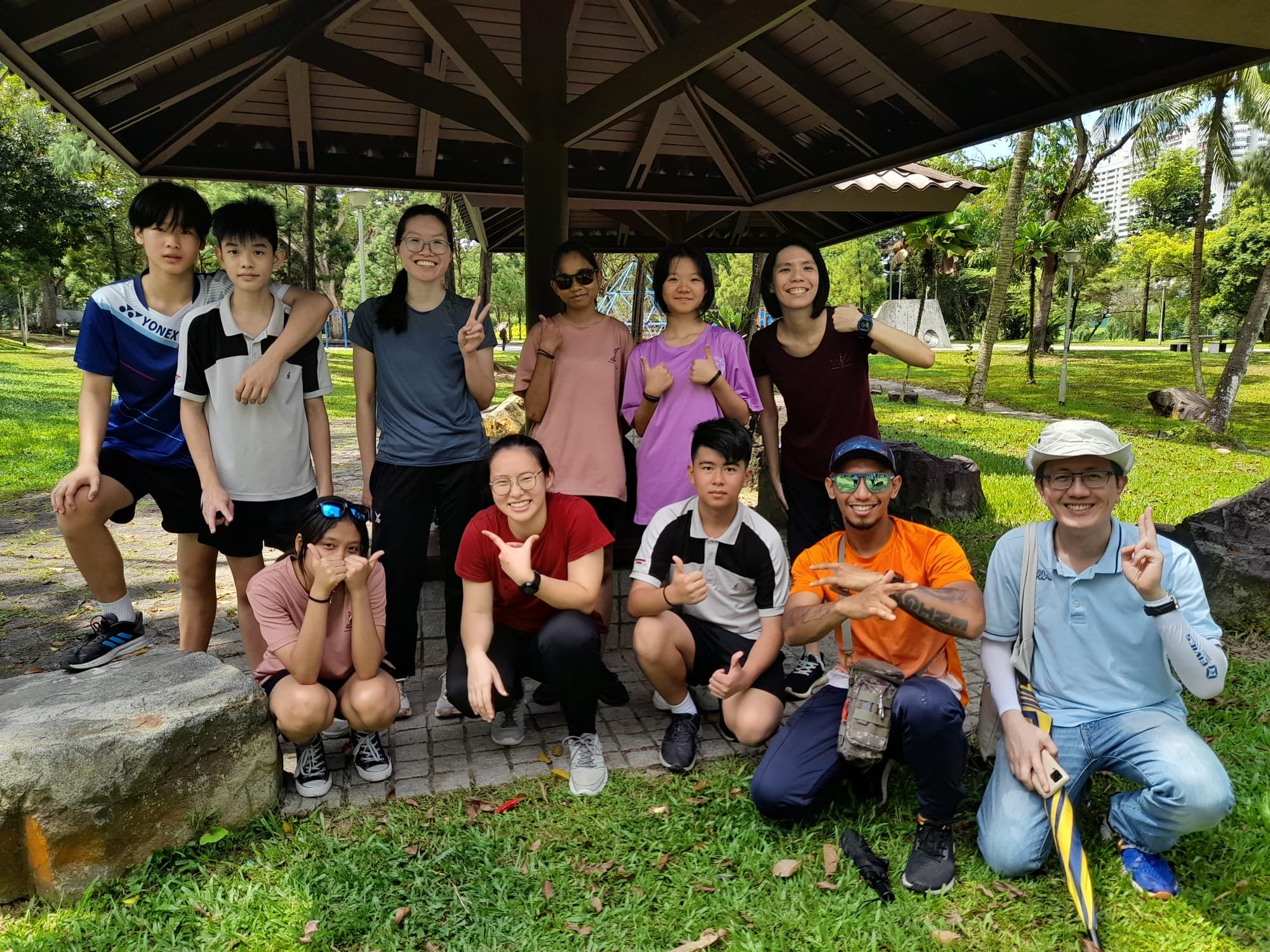
MEDIA
Journal
Thought leadership articles, reflections, and behind-the-scenes articles.
Filter by Category
7 days & 5 lessons from Bali
When we were asked about the dangers we needed to pay attention to in the forest, Sierra asked us what the most dangerous creature in the forest is. Someone answered 'snakes', while others answered 'monkeys'. My answer was the mosquito. To our surprise, all of us were wrong; Sierra told us that the most dangerous creature who can cause damage to the forest is ourselves - humans.

